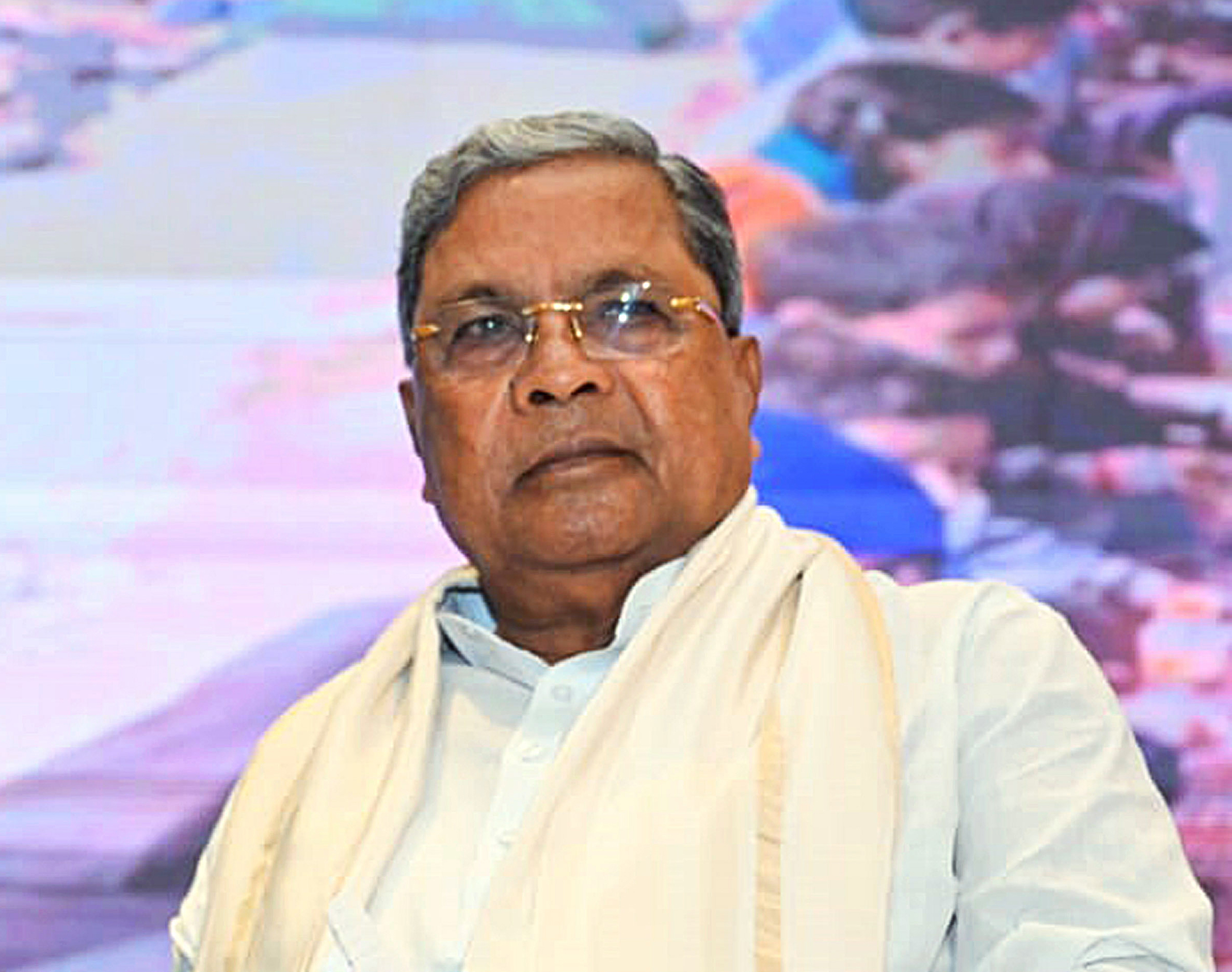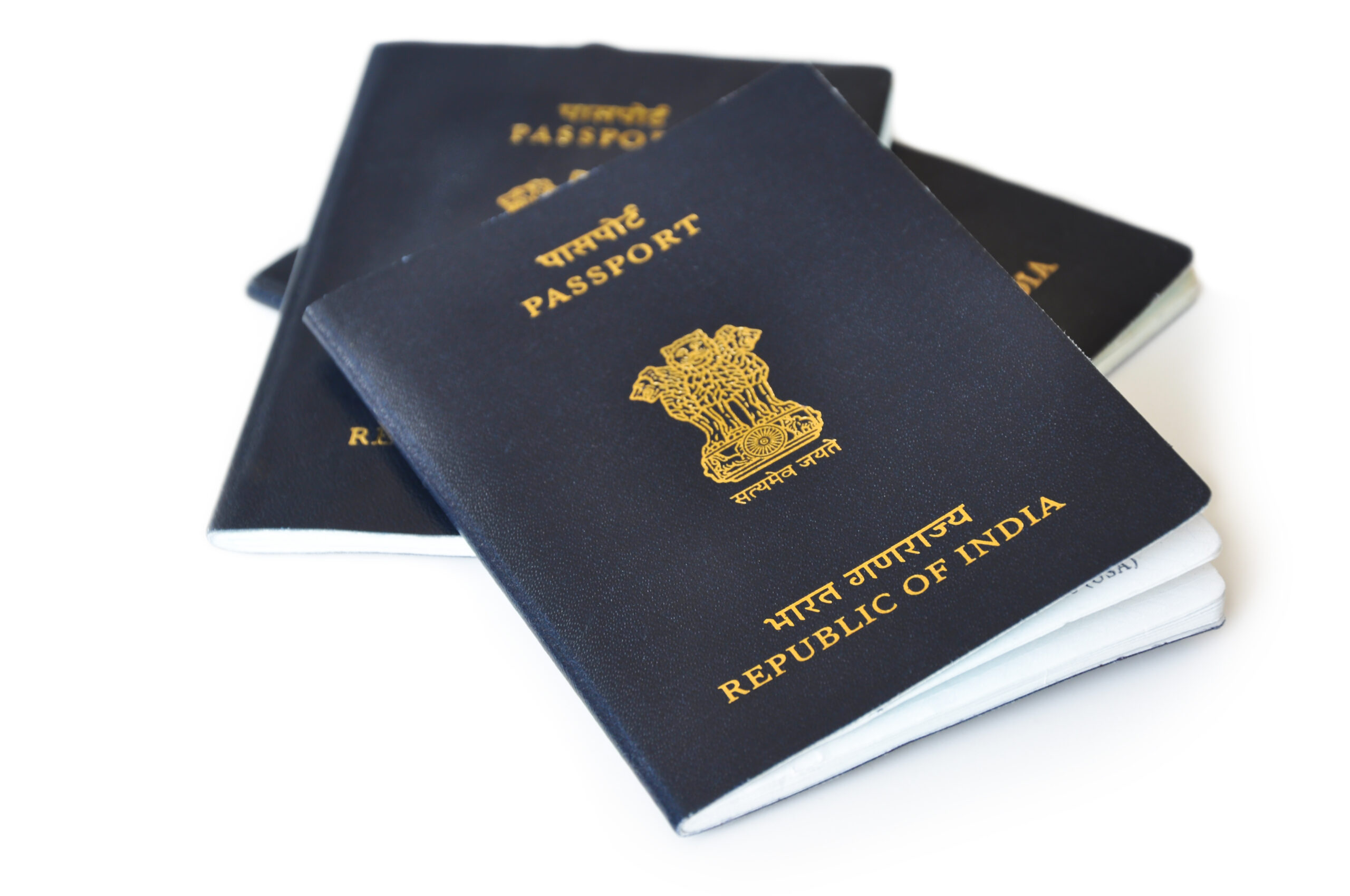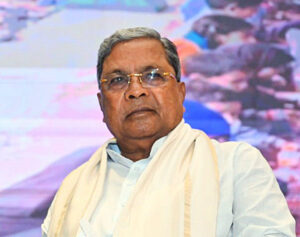After suffering defeat in the Karnataka Assembly elections last year, the BJP’s attempts to destablise the elected government there, seem to have backfired. By granting prosecution sanction against Chief Minister, Siddaramaiah, Governor Thawarchand Gehlot, has apparently put his own position in doubt, with legal experts stating that he had acted hastily and without adhering to the due process.
While the legal eagles would battle it out on the correctness of the decision, the move has evidently united the Congress party, which is now fully with the Chief Minister.
Before Gehlot, a former Madhya Pradesh politician, gave his sanction in the issue pertaining to the controversial allotment of land, done when the BJP was in power in the state, Siddaramaiah was facing dissent from within his own party. Deputy Chief Minister D.K. Shivakumar and his supporters were unhappy with his style of functioning and many of them blamed him for favouring former Janata Dal (Secular) leaders who had joined the Congress.
On his part, Siddaramaiah was forcing the High command to replace DK Shivakumar as the PCC president in pursuance of the one-man, one-post principle and also permit him to have two more deputy CMs, one Dalit and another Muslim. While this inner party feud was gaining momentum, Gehlot by his arbitrary action has strengthened the CM.
In fact, apart from Shivakumar, all MLAs and the Central leadership of the Congress, have expressed full solidarity with the Chief Minister accusing the BJP of resorting to practices which lowered the prestige of the Governor’s chair. The accusation is that the BJP has been using Constitutional positions to further its political agenda.
The Karnataka developments come just before the possible Operation Lotus being planned for Jharkhand with attempts being made to entice former Chief Minister Champai Soren into the BJP fold. Incidentally, while the expectations were there for simultaneous polls in four States, Maharashtra, Jharkhand, Haryana and Jammu and Kashmir, the Election Commission, for reasons best known to its functionaries, has announced the dates for only two States.
The reality is that the BJP is facing an uphill task in Maharashtra where the Maha Vikas Aghadi could wrest power. The indication of the NDA alliance crumbling was provided by deputy CM, Ajit Pawar, who has declared that he would not be contesting the Assembly polls.
Obviously, he can perhaps see the writing on the wall.
The Saffron Brigade’s chances in Jammu and Kashmir are not too bright and in Haryana, the atmosphere is for a change unless, the BJP central leadership is able to do some last-minute miracles.
Many also view the Karnataka developments as diversionary tactics by the BJP, which is still unclear about who its next president was going to be to replace J.P. Nadda, whose extended term has also come to an end, but he is just continuing in his job till an appropriate successor is found. The decision has been delayed because the Rashtriya Swayamsewak Sangh, the controlling authority of the BJP, which had not participated in the last Lok Sabha elections, is yet to give its mind on the possible contender.
Several names have been doing the rounds and unless, the RSS approval is obtained, the BJP would be reluctant to declare its nominee.
The fact remains that the BJP is yet to fully recover from the shock of electoral reverses during the Parliamentary polls and is in the process of introspection.
The developments in UP as also in some other places are a cause of worry for the leadership which wants to ensure that unity is maintained at all cost. Many in the party are also voicing their dissent on certain issues, something which was unthinkable prior to the Lok Sabha polls. It is evident that latent differences need to be ironed out before they come out in the open.
In Karnataka, the Governor may have a lot to answer.
While the BJP is demanding Siddaramaiah’s resignation, the Congress wants the Governor to go. Such a confrontation has been witnessed in the past in some other states, West Bengal being an example from the time when current Vice President Jagdeep Dhankar was the Governor there. Politics is moving at an express pace and the outcome of the Assembly polls in Haryana and Jammu and Kashmir, may set the political agenda for the future. In addition, the RSS and the BJP need to return on the same page on major issues in order to add muscle to the robust organizational network of the Sangh Parivar.














